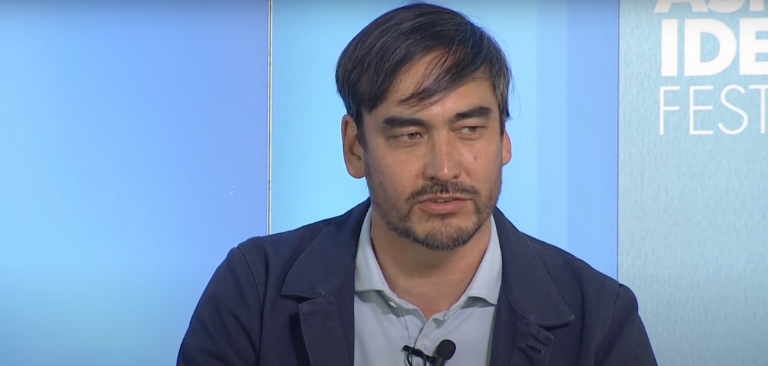One of the appointees in Biden’s administration, Timothy Wu, a Columbia law professor, has some disturbing views on the First Amendment protections.
Wu recently became a member of the National Economic Council and reports covering this news published by the likes of CNBC overwhelmingly focused on Wu’s stance against Big Tech’s monopolistic practices and in favor of antitrust enforcement.
But his other convictions, namely, believing that the First Amendment, which under the US Constitution protects free speech, may be “obsolete,” weren’t highlighted as prominently.
Nevertheless, the idea has now become a part of Democratic mainstream thinking, which is now once again in power – even though experts like Stanford professor Nate Persily think this and other challenges to constitutional freedoms would face strong opposition from the Supreme Court.
Yet Wu’s are on record, in the form of an article titled, “Is the First Amendment Obsolete?” that he wrote in 2017, which questioned the legislation from the point of view of the rise of both the internet and Donald Trump. Another time Wu publicly addressed the issue was a year later during the Aspen Ideas Festival.
Click here to display content from YouTube.
Learn more in YouTube’s privacy policy.
In his speech, Wu showed that he had bought into the widespread fake news narrative – ostensibly as the reason why Trump was elected – and he singled out Russia and China as being those “societies” who would now rather “flood” the internet with propaganda than use censorship and bans.
In order to combat fake news and propaganda coming from other countries, the First Amendment, as it is now, should be sidelined, and this could mean that it in some cases “must broaden its own reach to encompass new techniques of speech control,” he is quoted as saying.
Ironically, while referring to the First Amendment as obsolete, Wu also showed a desire to turn back time and recreate a media environment like that which existed in the 1950s. This should be a task entrusted to the elected branches, he said.
And he wondered whether online platforms “should adopt (or be forced to adopt) norms and policies traditionally associated with twentieth-century journalism,” Matt Taibbi reported.
With these conflicting political stances – anti-corporate in opposing tech monopolies, while authoritarian in his desire to control speech and undermine its protections, Wu is representative of the new Democratic mainstream that may eventually “instead of breaking these firms up, be more likely to seek to appropriate their influence.”










